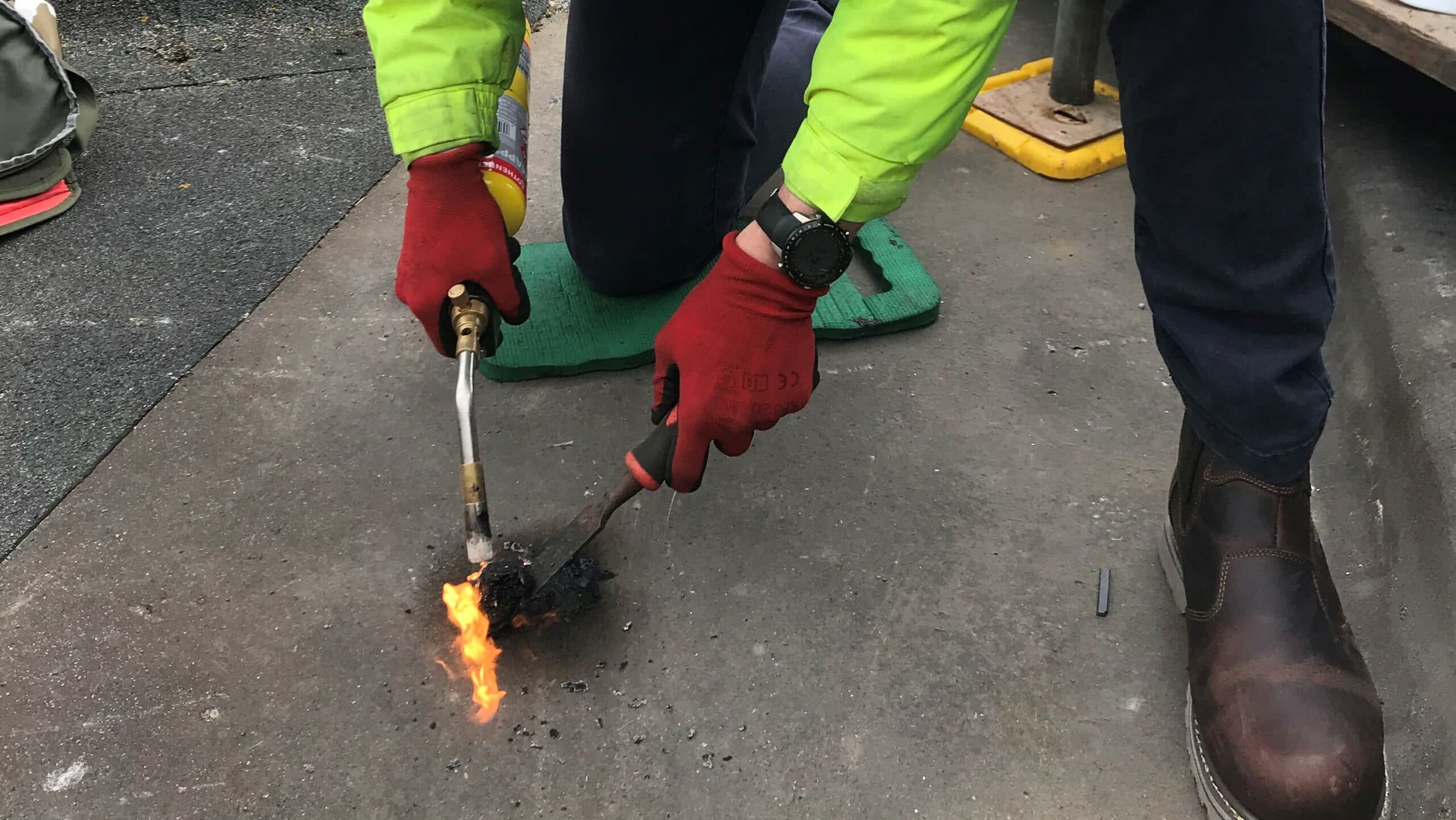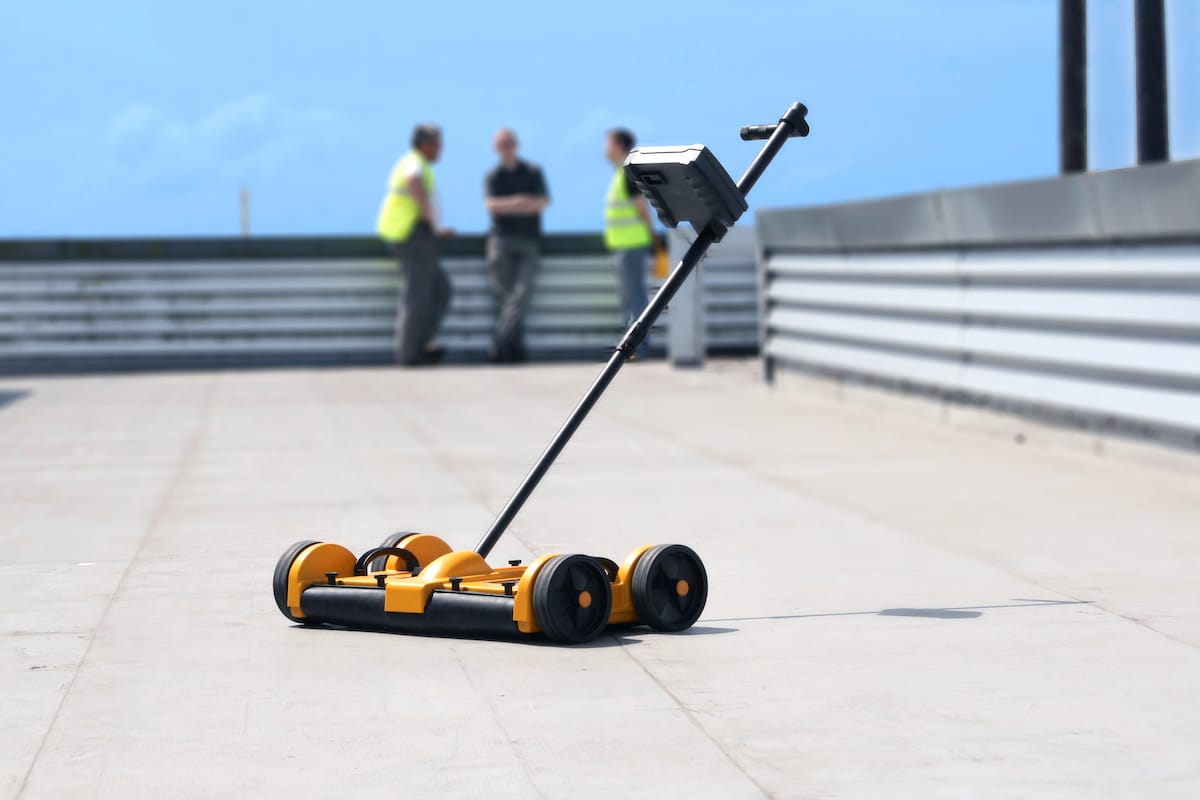

The roof is integral to the building’s protective envelope – it must be designed to keep the weather out and maintain a stable internal temperature. It also has many secondary functions, including aiding fire protection, structural rigidity, and constructional support for other services like air conditioning units, ducting, and insulations.
As capital works and refurbishment budgets are reviewed and finalised ahead of summer projects, it makes sense for estate managers to consider their roofing systems and ensure they are in good working order.
A commercial roof inspection and roof survey is an essential part of any organisation’s proactive approach to asset management. From the outset, it is crucial to remember that a survey’s purpose isn’t just to identify the condition of a specific building’s roof but to act as a gauge for the overall health and maintenance programmes for your entire estate. By carrying out a commercial roof inspection, you identify any potential causes of degradation and potentially head off a costly repair or restoration bill in the future.
Many factors can affect the performance of a roof system over time, including wear and tear, ageing, temperature changes, poor quality installation and exposure to the elements. These roofing issues can lead to changes in appearance and defects, such as splits or cracks forming on the roof’s surface. Other signs include damaged flashings or sealants and penetrations around areas where plant equipment has been mounted.
Regular commercial roof surveys and maintenance help your roofing systems perform at their best for longer; taking care of your business’s roof will continue to ensure that the occupants will have a safe and comfortable environment to work in, with minimal business disruption, for years to come.

At Garland UK, we strongly recommend that all commercial estates conduct a comprehensive commercial roof inspection of their facilities annually to help safeguard their future. Our Technical Managers are expertly trained and have years of industry experience providing free roof condition surveys as part of their market-leading service.
A typical roof condition survey begins with an assessment to understand your building requirements and challenges. Once on-site, a thorough roof condition examination will be underway to investigate any roof defects, locating any areas of water ingress or system issues.
U-Value calculations will help identify the building’s operational thermal performance, and carrying out a core sample will determine the roof’s existing build-up and condition under the surface. Once the roof has been evaluated, a thorough condition report outlining the technical analysis and findings from the site visit will be provided, with a tailored selection of solutions to remedy any issues.
To ensure your roof receives the best possible service and expertise, we recommend choosing a reputable and experienced roofing partner to conduct the survey, preferably accredited by the National Federation of Roofing Contractors (NFRC).
Ben Whitemore, Product Manager at Garland UK, adds, “Identifying a defective roof can be challenging, especially when the source of a building’s leaks can be completely untraceable to the naked eye. We always recommend regular checks on your roof to ensure it stays in optimum condition, year after year.”
Our Technical Managers are here to help, providing trusted technical advice that has been sought by thousands of surveyors across the UK. Book a free commercial roof inspection and condition survey below, which will provide a detailed report on your roof’s overall health, thermal efficiency and U-Value calculations, helping you make fully informed decisions for your building assets.
